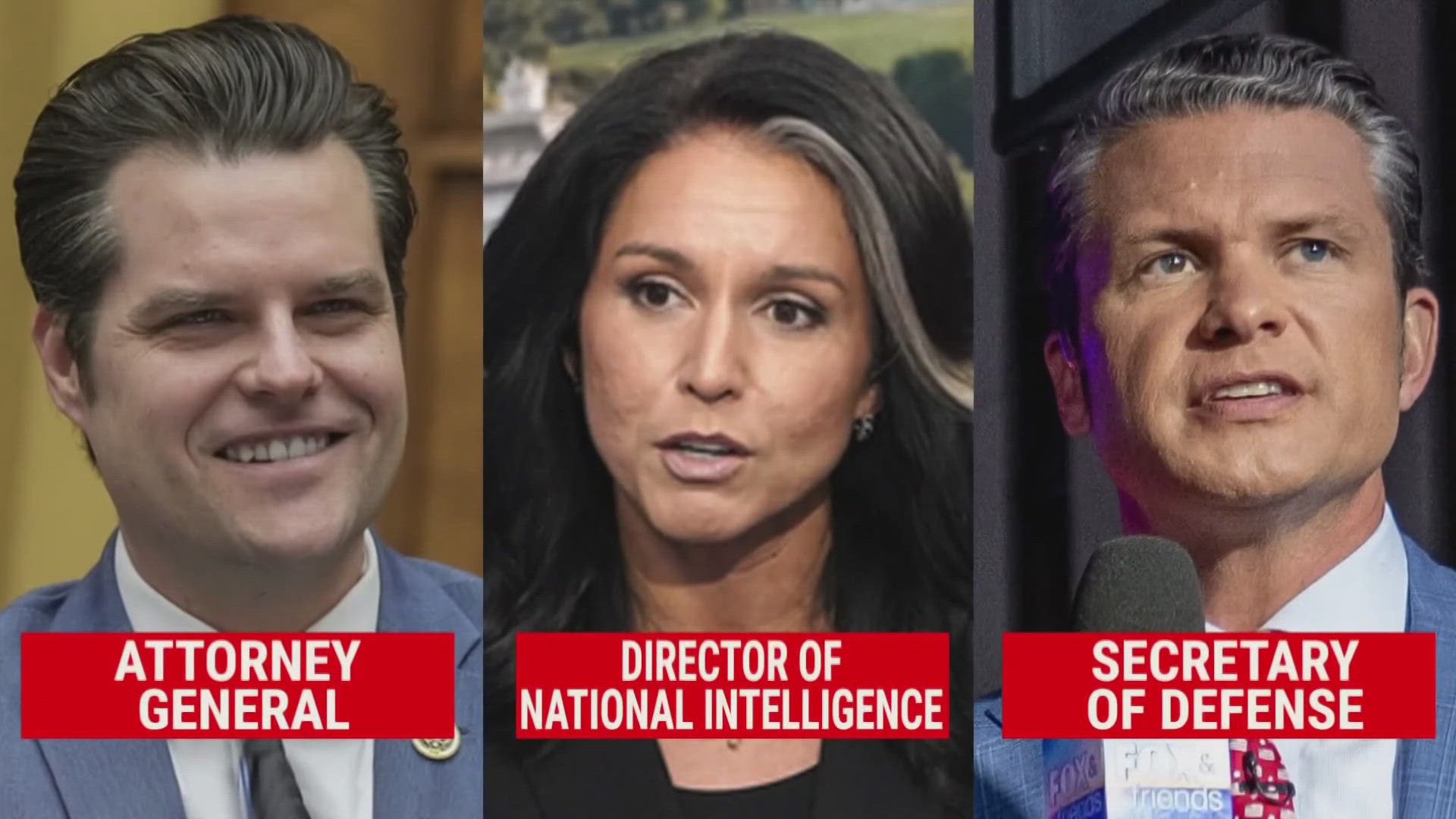INDIANAPOLIS — In October 1984, Evan Bayh showed up at The Elkhart Truth to go before its editorial board. He was there stumping for the Democratic gubernatorial nominee, state Sen. Wayne Townsend, who was running an uphill and ultimately unsuccessful challenge to Gov. Robert Orr.
That was four years after he had managed his father’s U.S. Senate reelection bid, one that saw Sen. Birch Bayh lose to Rep. Dan Quayle. “Evan, what are you running for?” Truth reporter Phil Schermerhorn asked.
Two years later, Evan Bayh ran and won the secretary of state office. In 1988, he ended what was then the longest GOP gubernatorial dynasty at five terms, defeating Lt. Gov. John Mutz, 53%-47%, and setting off 16 consecutive years of Democratic gubernatorial rule.
Hoosier Democrats are staring into a similar abyss. Republican Mike Braun defeated Democrat Jennifer McCormick in a novel experiment, extending the current GOP dynasty to five terms. McCormick, a former Republican state school superintendent, had switched parties two years before running unopposed for the Democratic nomination, essentially becoming the first swing voter to seek the state’s highest office.
But Democrats did not fully embrace McCormick.
She carried only five counties, compared with 12 for John Gregg in 2016 and three for Woody Myers in 2020. She did not carry her home county of Henry or Delaware, where she served as superintendent of Yorktown schools. In the counties she did carry, there was a significant drop-off. While Gregg carried Lake County with 64.7% — or 127,491 votes — in 2016, McCormick won it with only 53.7% —or 107,320 votes — last week.
Gregg outperformed McCormick by about 3,000 votes in St. Joseph County and polled about the same in the university counties of Tippecanoe and Monroe. Gregg won Indianapolis with 226,116 votes, compared with 222,148 for McCormick.
Braun wiped out McCormick in rural Indiana, winning with over 70% of the vote in 20 counties and with 60% of the vote or more in another 44 counties. In 2016, Republican Eric Holcomb carried more than 60% of the vote in 44 counties, but had none over 70%.
While Kentucky Gov. Andy Beshear and Kansas Gov. Laura Kelly held fundraisers for McCormick and stumped with her on the trail, few Hoosier Democrats did the same. Former first lady Judy O’Bannon appeared with McCormick during the final week of the campaign, but no Bayhs or Greggs joined her on the hustings.
Fundraising was a persistent problem for McCormick. She had a mere $170,000 in cash on hand at the midyear filing. It was a late $2 million from the Democratic Governors Association that fueled most of her homestretch TV advertising.
By the time the homestretch had arrived, Braun had a $12 million-to-$2 million funding advantage over McCormick. There would be no big fundraisers featuring former South Bend Mayor Pete Buttigieg to help fill her coffers.
As for what it will take for Indiana Democrats to become competitive again, Shaw Friedman, a LaPorte attorney who served as treasurer of the Indiana Democratic Party, said it must come after the national party rebrands.
“I firmly believe that until we can restore our national brand with blue collar, working class voters as the only party truly standing up for the little guy, there is little that can be done at the state or county level to increase the electability of our candidates, particularly in a state that is one of only seven states in the union to still allow straight ticket voting,” Friedman said.
“Both Trump’s and Sanders’ best applause lines in 2016 and 2020 came by inveighing against unfair trade agreements like NAFTA that have hollowed out whole Midwestern communities,” Friedman said.
I asked Ambassador Joe Donnelly at the Democratic National Convention in Chicago in August what it would take to make his state party relevant. He suggested it would have to be after the Donald Trump era ends. “President Trump has been a unique figure in that he’s created so much dedication and support for himself, especially in Indiana,” said Donnelly, who served three terms in the U.S. House and one in the Senate before losing to Sen. Braun in 2018.
“I think when President Trump’s time has concluded, I think people will go, ‘Let me see what else is out there.’ Because so much of it is a personal devotion to President Trump,” Donnelly continued. “They care about him and he certainly has worked hard to create that connection. So I think that changes a little bit.”
Trump saw his Indiana pluralities go from 57% in 2016 to 59% last week, winning 1.711 million votes.
As far as who might bear the party standard in 2028, any list would include Donnelly or one of its young mayors.
Then there’s 29-year-old Beau Bayh, one of Evan Bayh’s twin sons, who is a Marine veteran and a judicial law clerk for the U.S. Court of Appeals Seventh Circuit. He joined statewide Democratic candidates on the campaign trail in 2020. There is speculation he will challenge Republican Secretary of State Diego Morales in 2026, carving a similar path that his father carved a generation ago.
“His dad took us out of the wilderness in 1986,” Friedman said. “I think it would be appropriate for him to take that role.”
Howey is a senior writer for Howey Politics Indiana and State Affairs. Find Howey on X @hwypol.



